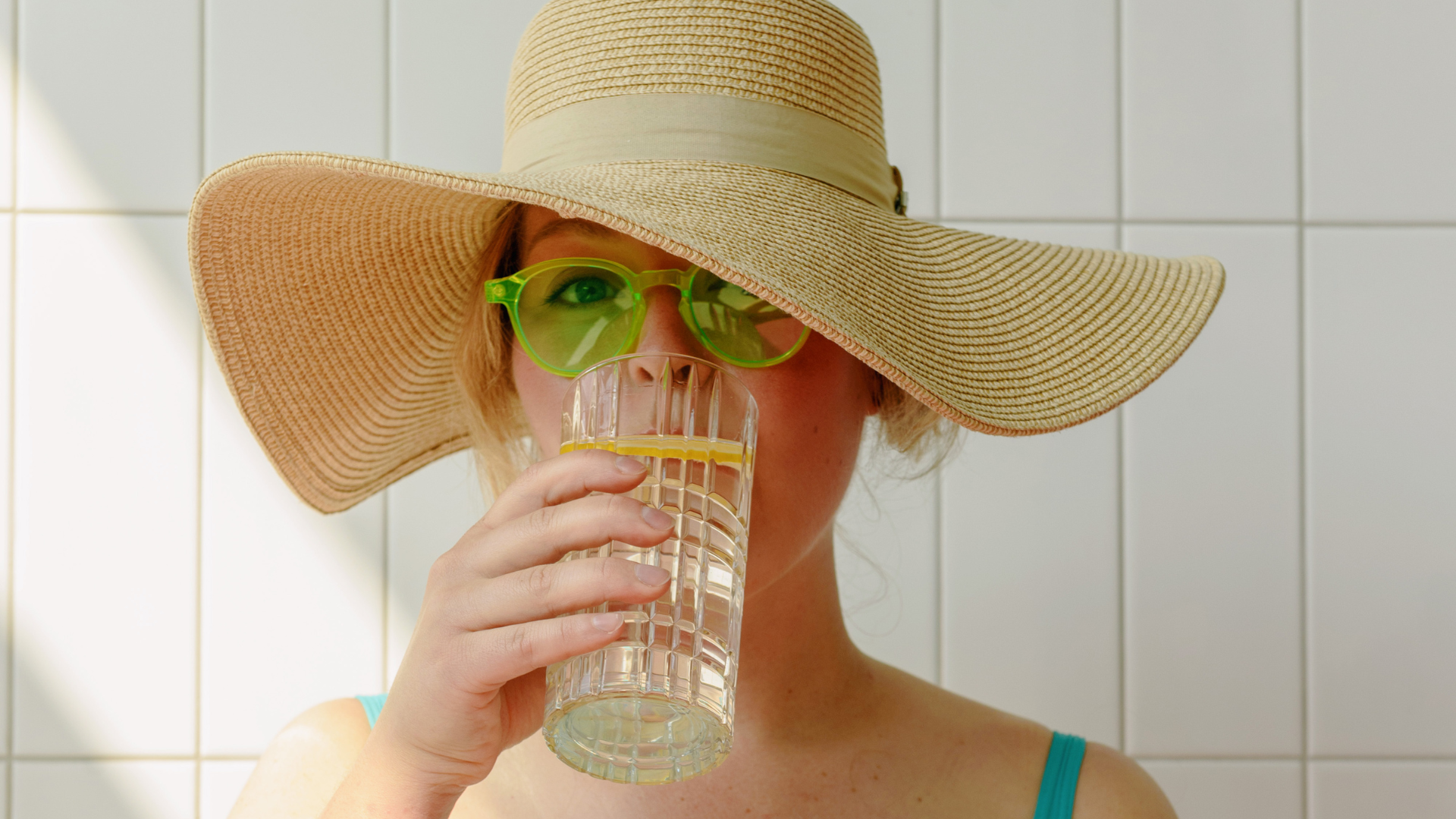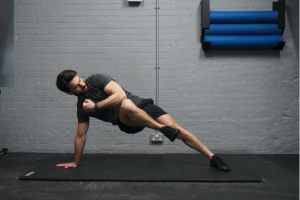Stepping into a sober Spring

The world of sobriety and reduced drinking is on the rise, not to mention the number of low and no-alcoholic drink options on the market. Studies show that Gen Z is drinking less than young people compared to past generations, and specifically, 20% less than millennials, according to a report from Berenberg Research.
And so, cue the term ‘sober curious’ which first gained momentum via social media in 2018. A movement that encourages a lifestyle completely without, or with a reduced amount of alcohol, it’s all about being more mindful of our intake, from what we’re sipping, when, and how much.
As we head into the season of picnics, parties, long lunches, and boozy BBQs, podcaster and sobriety coach, Christy Osborne shares her tips for doing it sober.
1. Start with why
Get curious about yourself and understand why you want to stop drinking and have a sober spring. We all have our reasons but identifying whether it’s the social element of spring or drinking in the sun, through to stress, anxieties and more, it can help us future-proof any triggers going into spring.
If we believe that there is a benefit to alcohol, however small, however tiny, if we believe there is a benefit to drinking, we will continue to drink. That’s why we start with the “why”. Why do you drink? Why are you pouring that glass?
2. Ask yourself: is alcohol helping me achieve my goals
This might take a bit of research. For example, if you are drinking to ease anxiety you may feel relief after the first drink, but after the initial dopamine spike wears off, adrenaline and cortisol take control, and you end up making yourself feel more anxious than when you started. Go through your list of “whys” one by one and do an experiment to see if alcohol is helping you achieve those things or not.
3. Call it an experiment – take a 30-day break
You never have to say forever, but if you are curious about a sober spring or stopping drinking together, then use spring as a temporary challenge to see how you can feel better without it.
4. Deconstruct your beliefs about why you drink during spring
The key here is to deconstruct your beliefs surrounding why you like to drink, is it peer pressure during Spring? Sunny day drinking? Stress? Start to feel better about not drinking by breaking down these beliefs and becoming aligned with your whys. You also don’t have to aim at perfection or count days. Instead, try to learn what life alcohol-free feels like. That way, you can compare the two, and you get to decide whether the alcohol is serving you.
5. Enjoy non-alcohol-related activities instead of spring evenings drinking
If you’re worried about missing out on social interactions with people through not drinking, then look at some social activities that you can do without alcohol. Suggest different activities to your friends as they might also be interested in joining you on this and can be a way to reframe your time together.
6. Research into alcohol-free alternatives to drinks
There is a plethora of alcohol-free or non-alcoholic options out there that can be a great substitute for alcoholic drinks with most bars and restaurants now offering a greater range of AF options for you to enjoy, such as CleanCo, Seedlip or Caleno. Much like non-drinking being an experiment, why not view trialling AF options as an experiment, to find the one that you enjoy?
7. Gently reframe any negative ideas you have that events without drinking won’t be fun
There is a huge social element to drinking, especially during the hotter months and venturing into them not drinking can feel daunting. Think about what your blocks are and why you feel events might not be as fun without alcohol. It can be as simple as reframing thoughts and realising you’ll feel much fresher in the morning and able to remember the evening than not. It’s always helpful to remember the benefits of not drinking.
8. Boundaries, Boundaries, Boundaries
If you have decided to explore spring sober, then it is important to state your boundaries and stick to them. It might feel difficult to set and keep boundaries with friends and loved ones, but the only way to have your boundaries respected is to continue to uphold them – people will come around. If you feel your boundaries challenged, just remind yourself of your whys and politely affirm your boundary.
9. Sit with any discomfort and understand where your needs are wanting to be met.
This might feel difficult but sit with the uncomfortable feelings and explore what is truly behind them and where your needs are needing to be met. Is it that you’re worried about missing out? Is it that you don’t want to be viewed in a certain way? Our minds can often gravitate towards the negative but sit and work through this with the support of a professional or a close friend.
10. Find the right support that can help you
Find support that helps you get to the root of your drinking. If you never figure out why you’re drinking in the first place, then you’re still going to believe that there’s a benefit to alcohol. And if you still believe that there is a benefit to alcohol, you’re going to have the desire to drink it.








